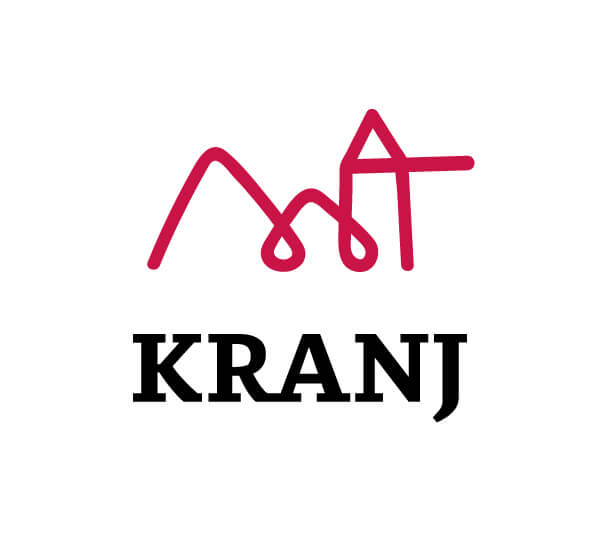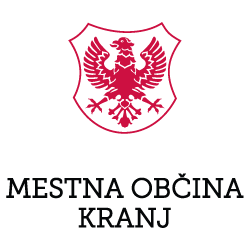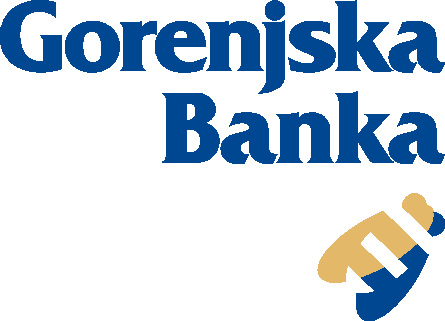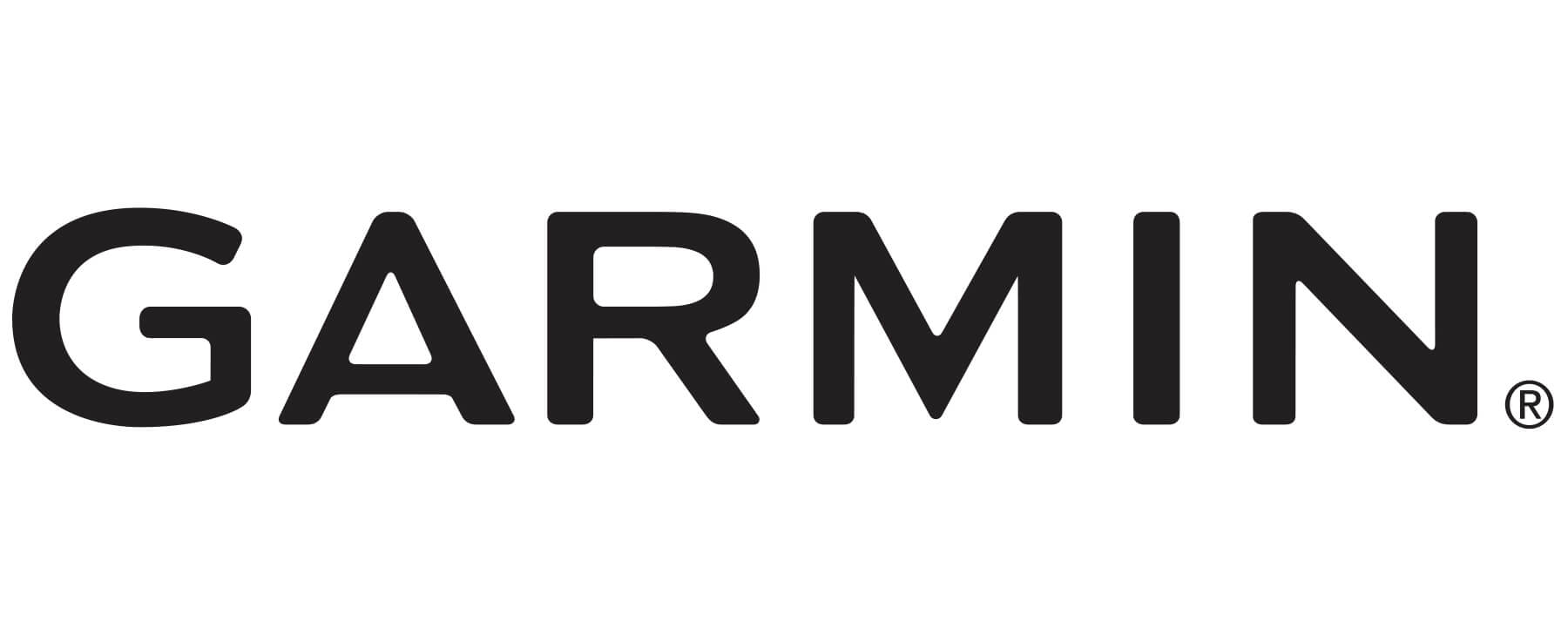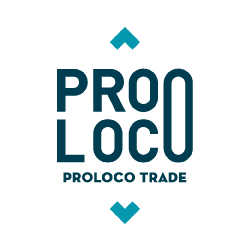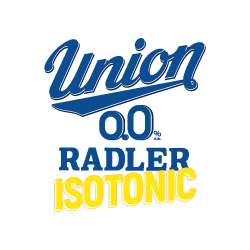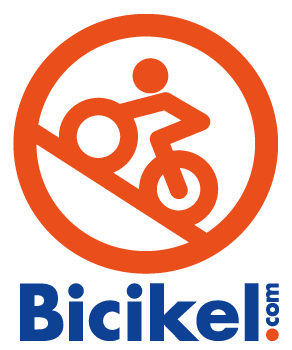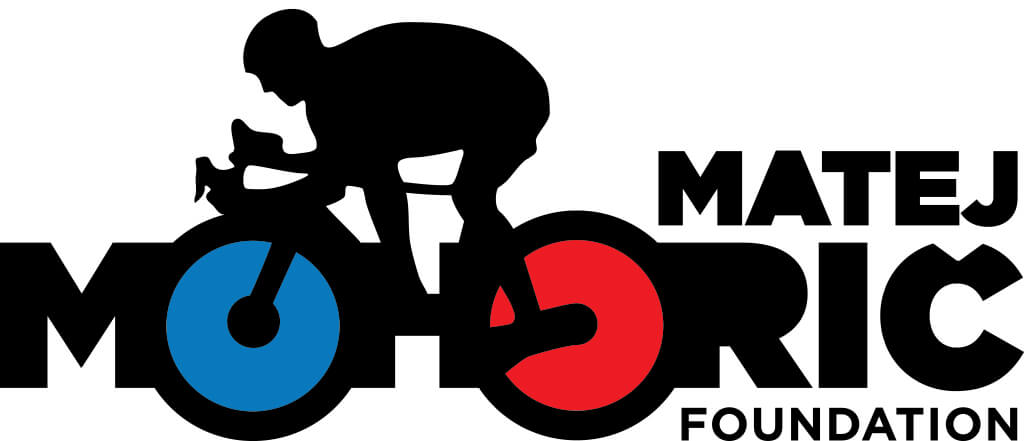The Role of Nutrition in Sports Injuries and Recovery
Injuries are unfortunately a common part of sports. Is there a solution?
Muscle mass, strength, and function are quickly lost when injuries lead to reduced movement, which can also result in unwanted weight gain. While physical therapy and rest play significant roles, appropriate nutrition can also help speed up recovery from injury. A well-balanced anti-inflammatory diet, including suitable supplements, is a good start.

Nutritional Guidelines to Aid in Rehabilitation and Recovery
Proteins, especially those high in leucine, are crucial for reducing muscle mass and strength loss and for aiding in the healing and repair of muscle tissue and bones. The recommended dietary intake (RDI) of protein is 0.8-1 g/kg per day, but this increases with exercise and rehabilitation needs. The recommendation for active exercise is generally 1.2–2 g/kg of body weight per day, while during rehabilitation and recovery, it may need to be 2–2.5 g/kg, depending on the extent of the injury and the resumption of exercise. Food sources include whey protein, lean meats, white fish or salmon, tuna or sardines, tofu or eggs, dairy products, seeds and nuts, legumes. Distribute intake throughout the day.
Carbohydrates
Carbohydrates provide energy and fuel that aid in the consumption, healing, and repair of proteins. Simultaneous intake of carbohydrates and proteins can inhibit muscle breakdown and atrophy. Daily amounts vary depending on activity, with athletes generally needing 3.0 to 4.5 g/kg of body weight per day. Ensure you eat good carbohydrates, such as whole grains, vegetables, and fruits.
Good Fats
Good fats help reduce inflammation, which can slow recovery, and can aid in cell membrane production, support the immune system, and prevent fatigue. You need good fats to absorb some key antioxidants and nutrients. Studies have shown that during recovery, 0.8-2g/kg daily of good fats can be beneficial. Sources include salmon and tuna, seeds and nuts such as chia, sesame, flaxseed, and their oils, as well as avocado, olive, and coconut oil.
Fiber:
Fiber helps with regular bowel movements and gut health, helps clear toxins, and limits weight gain. Inactivity can also cause constipation. Examples include whole grains, vegetables, fruits, and legumes.
Anti-Inflammatory Foods:
These provide antioxidants, immune support, fiber, vitamins, and minerals. Combine fruits, vegetables, and spices into juices and smoothies, such as carrots, apples, celery, spinach, pineapple, papaya, lemon, horseradish, ginger, cinnamon, turmeric.
Natural Nitrates
Natural nitrates (NOT synthetic nitrates and nitrites in processed meats) convert into nitric oxide in the body, which acts as a vasodilator, opening blood vessels and allowing more blood and oxygen to muscles. Sources include leafy greens (spinach, lettuce, chard), beets, chocolate, celery, garlic, onions, Chinese cabbage, and fruits like apples, bananas, pears, kiwis, and oranges.
What to Reduce or Avoid?
Saturated and trans fats, especially from fatty, processed meats, deli meats, fried foods, snacks, and junk food. Sugary and processed foods, such as cakes, candies, pastries, cookies, and sweet cereals with low fiber content, as they increase glucose levels and trigger inflammation.
Alcohol, which can hinder healing and increase muscle loss, is best avoided.
What About Supplements?
There are various supplements on the market, and some are truly effective. Crown Sport Nutrition has developed the Recovery Drink, a dietary supplement in powder form with a mix of two types of carbohydrates and hydrolyzed whey isolate as a protein source. It also contains the amino acids leucine and glutamine. Consuming this product after physical activity:
Ensures maximum recovery,
Increases iron and ferritin,
Increases muscle mass and strength,
Improves the immune system,
Helps restore muscle function and reduces muscle soreness.
Other supplements that can aid faster recovery include:
HMB (beta-Hydroxy beta-Methylbutyrate): A natural metabolite of the essential amino acid leucine, helps promote protein synthesis and repair muscles and tissues.
BCAAs (Branched-Chain Amino Acids): Important for building and repairing muscles, especially leucine, which promotes muscle protein synthesis.
Protein Powders: Sometimes produce a stronger anabolic effect than dietary proteins. Some researchers believe whey protein isolate is more effective than plant proteins for muscle synthesis.
Creatine Monohydrate: Can be obtained from high-protein foods such as beef and fish, improves exercise performance and lean body mass (in combination with exercise).
Collagen: The primary structural protein of connective tissue, accounting for about 30% of all body proteins. Important for flexible joints, stable bones, healthy muscles, strong ligaments, and tendons.
Omega-3 Fatty Acids: Have anti-inflammatory effects as inflammation increases fatigue.
Source: Pamela Nelson, clinical nutritionist, naturopath, and herbalist at Health Space clinic in Lane Cove.
All recovery products (link https://www.vitalgo.si/sportna-prehrana/regeneracija/regenerativni-napitki) 30% discount with the code VITALGO30. Discounts cannot be combined.








